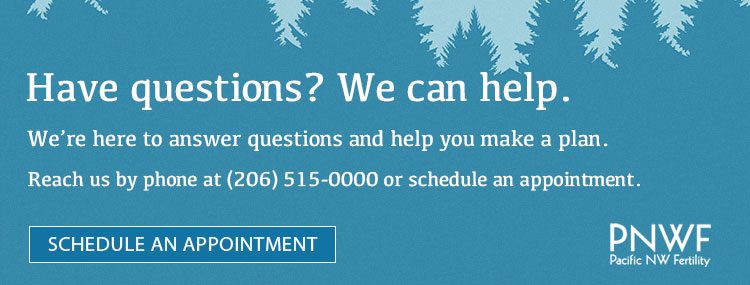Patients often ask us how egg freezing works and if we recommend it for them. As with all our fertility treatments, every patient is unique and individual. Deciding whether or not to freeze your eggs is a deeply personal decision, based on age, current health status, and your overall life goals and timeline. We’ve included some information here on the egg freezing process and what kinds of factors can make a difference. When you’re ready to learn more, contact us for an initial appointment, and our doctors will guide you through everything you need to make an informed decision that’s right for you.
What Is Egg Freezing, And Does It Work?
Egg freezing is one of several available options for fertility preservation. Egg freezing works through the following process:
- A doctor removes eggs from a patient’s uterus
- An embryology lab cryopreserves (freezes) and stores the eggs
- When the patient wishes to become pregnant, an embryologist fertilizes the eggs in the lab
- A doctor transfers a resulting embryo to the patient’s uterus to become a pregnancy
For a long time, egg freezing was mostly recommended for women with recent cancer diagnoses, as a way of saving their healthy eggs before undergoing cancer treatments that can affect fertility. In 2012, the US determined that egg freezing was no longer “experimental,” and it became more popular as an elective procedure for women who wanted to have children later in life, for non-medical reasons. Egg freezing technology continues to become more and more efficient and effective. Babies born from frozen eggs or embryos are just as healthy as those from fresh eggs. At Pacific NW Fertility, we have been successfully freezing, thawing, and fertilizing eggs for many years, and with over 300 live births from eggs frozen at our clinic, we continue to be leaders in the field.
There are three major factors to look at when considering if freezing your eggs may work for you: timing, health, and cost.
When Should I Freeze My Eggs?
There are two big “whens” involved with egg freezing: When will you freeze your frozen, and when do you want to have kids?
Since the goal of freezing your eggs is to preserve healthy and viable eggs for later use, when you freeze them is very important. Egg quality decreases through a woman’s early 30s, and drops more significantly after 35. By 40, more than half of women need help conceiving. For those reasons, experts generally recommend to consider freezing your eggs before your mid 30s. Women over 35 are still candidates to freeze their eggs, but it’s important to work with a fertility doctor to understand how the quality and quantity of eggs decrease with age, and how this can significantly impacts success rates.
With that in mind, it might seem like all women should be freezing their eggs at 22, just to get the highest quality! This is where the second “when” comes in: when do you want to have children? If you are in your early 20s and plan to have kids before you turn 35, you have a high chance of not needing to freeze your eggs. On the other hand, if you’re 33, want kids, but don’t want them just yet, egg freezing may offer you more freedom to live your life without worrying as much about your biological clock.
How Do I Know If I Need Fertility Preservation?
As with any conversation about fertility, your health in general and your reproductive health specifically are very important for any treatment decisions. Some health factors to consider when thinking about egg freezing include
- Do you have any diagnosed conditions that can impact fertility, like endometriosis?
- Does your family have any history of early menopause or ovarian deficiency?
- Have you recently been diagnosed with cancer, or do you have any other health issues that could affect your fertility?
If so, egg freezing may be a good way to preserve your fertility options in the future. Don’t hesitate to meet with a reproductive endocrinologist to get your specific questions answered. They will work with you on a fertility plan, possibly including egg freezing, that is tailored to your individual needs and goals.

How Much Does Fertility Preservation Cost?
The process of freezing your eggs is basically the same as the first steps of IVF. Like IVF, it is often an out of pocket expense and can therefor be a significant financial investment. Insurance rarely covers fertility preservation outside of a cancer diagnosis, although general coverage is slowly becoming more common. Costs include the medications leading up to the procedure and the egg retrieval procedure itself, as well as storage costs for your frozen eggs until you are ready to use them. Then, of course, there are the costs of the actual IVF procedure to fertilize and implant your thawed eggs when you are ready to use them.
While the money side of fertility can seem overwhelming, Pacific NW Fertility has a team of dedicated and passionate financial counselors to provide resources to assist with the financial investment and help you create a financial egg freezing plan that works for you.
How Do I Begin With Egg Freezing?
If you’re considering your fertility future, the first step is an initial consultation. Our highly trained and compassionate physicians can walk you through the egg freezing process and assess your viability. Your doctor will recommend specific fertility tests to get an overall picture of your reproductive health. Based on these test results, your overall health, and your individual goals and priorities, your doctor will provide comprehensive information on your fertility options, including egg freezing, and help you create a personalized fertility plan. Schedule your initial consultation today.
Still Have Questions About Egg Freezing? CLICK HERE TO WATCH OUR WEBINAR WITH DR. JULIE LAMB & EMILY GRAY, RN.


